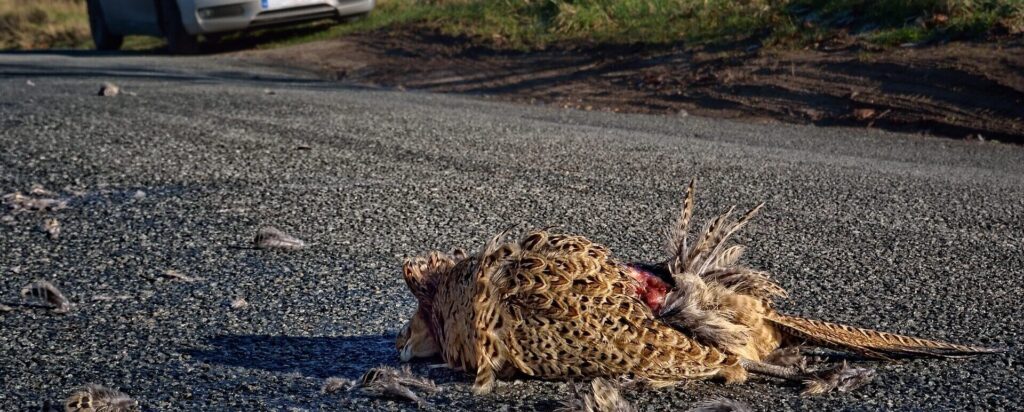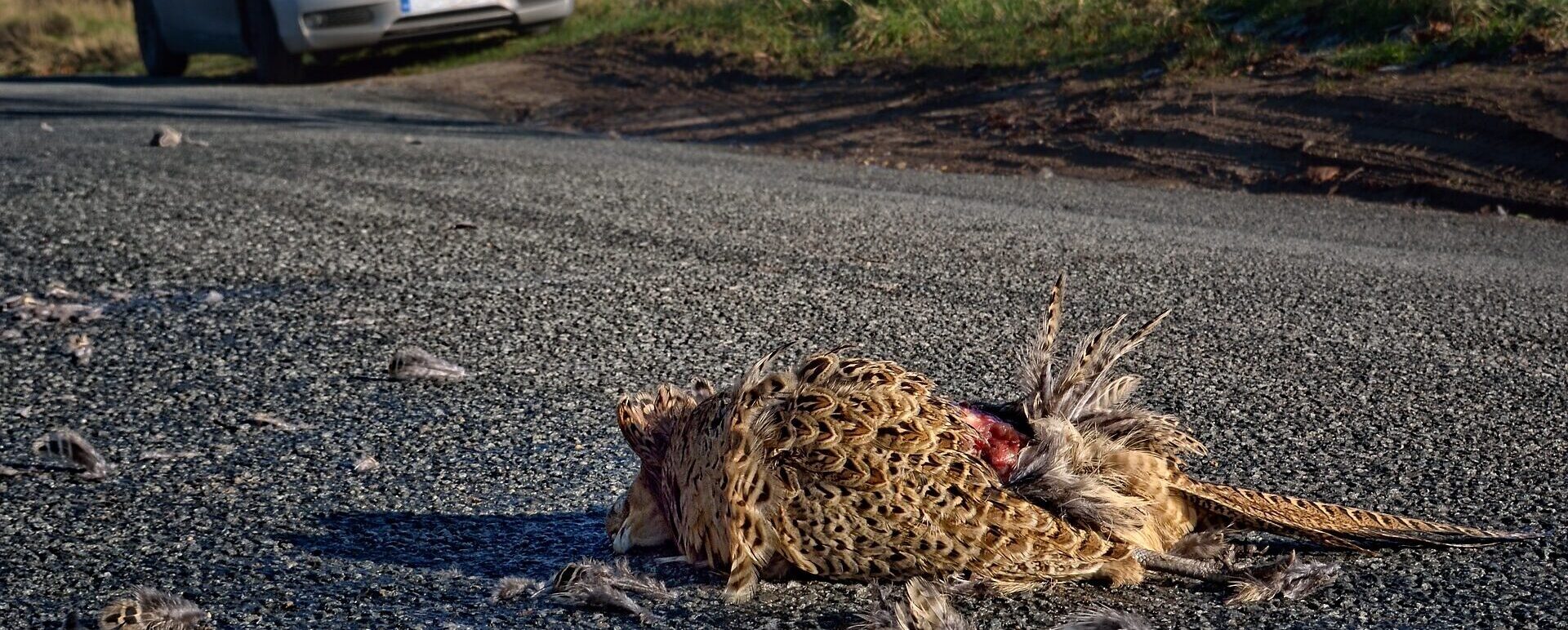The availability of carrion influences a range of ecological processes, and human activities have led to an abundance of carrion in the countryside. Stephen Harris discusses how this affects the number and distribution of scavengers, the impact of scavengers on other species, and the risk of diseases spreading within and between species.
While there are no obligate vertebrate scavengers, such as vultures, in Britain, many of our common birds and mammals scavenge when they have the opportunity, and probably far more often than previously realised.It is only recently, however, that scientists have started to appreciate that the amount of carrion (and other forms of supplementary feeding) influences a whole range of ecological processes (DeVault et al. 2003; Moleón et al. 2014).

